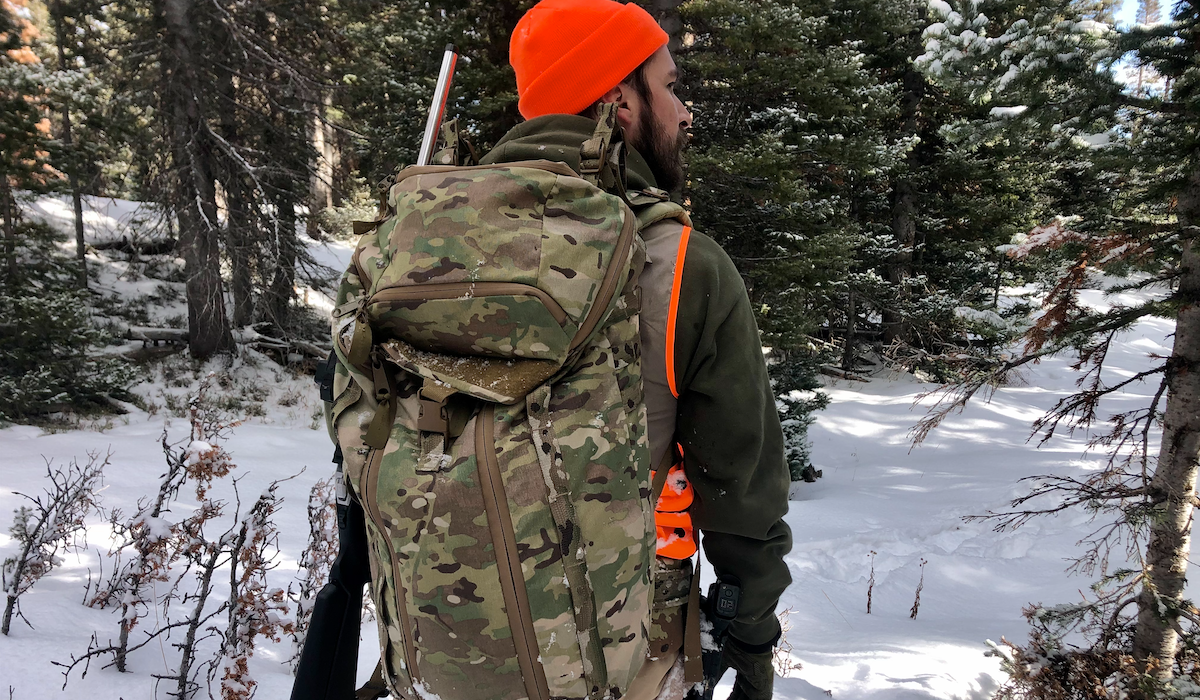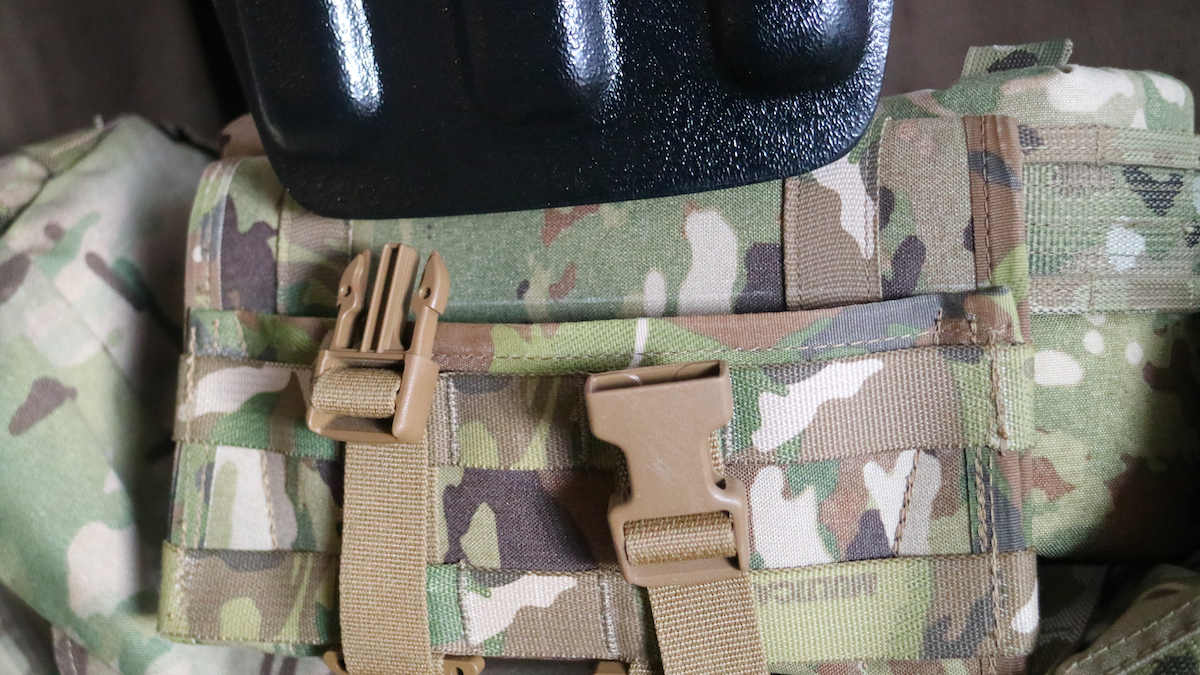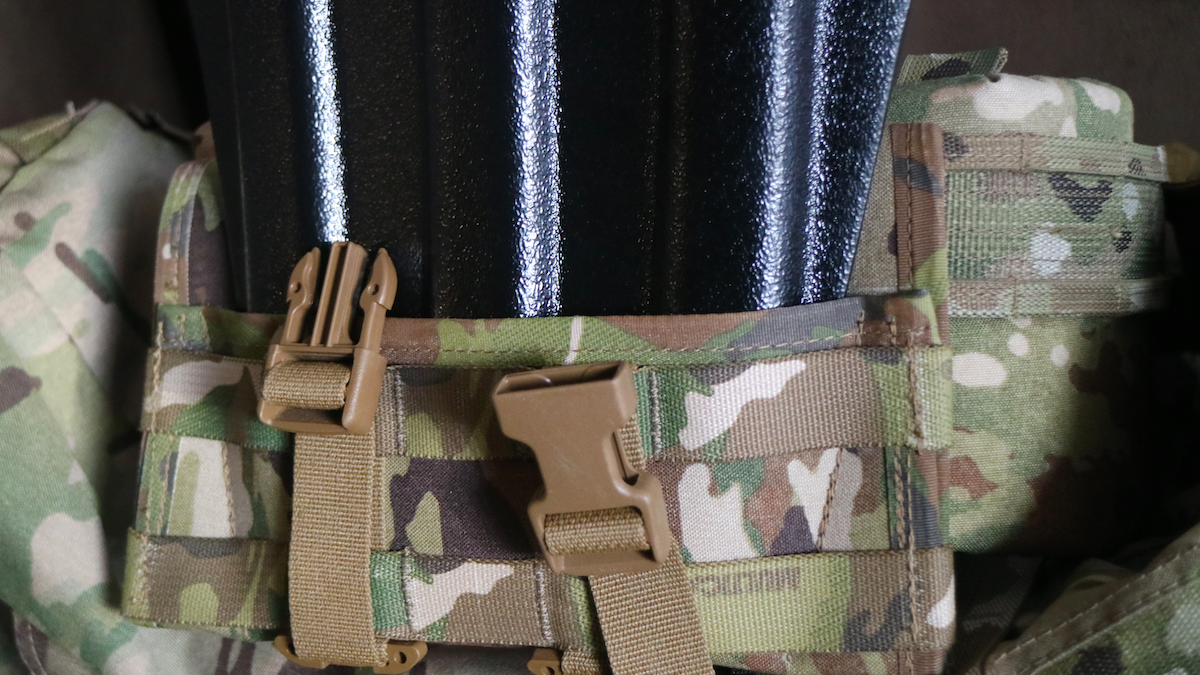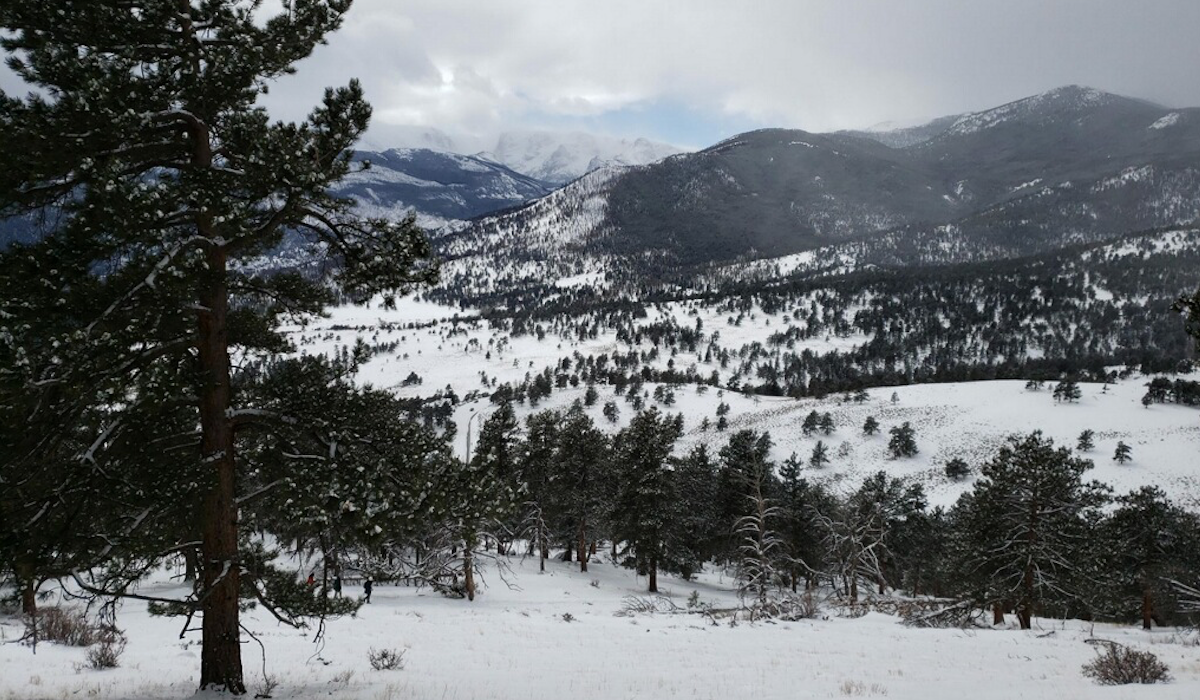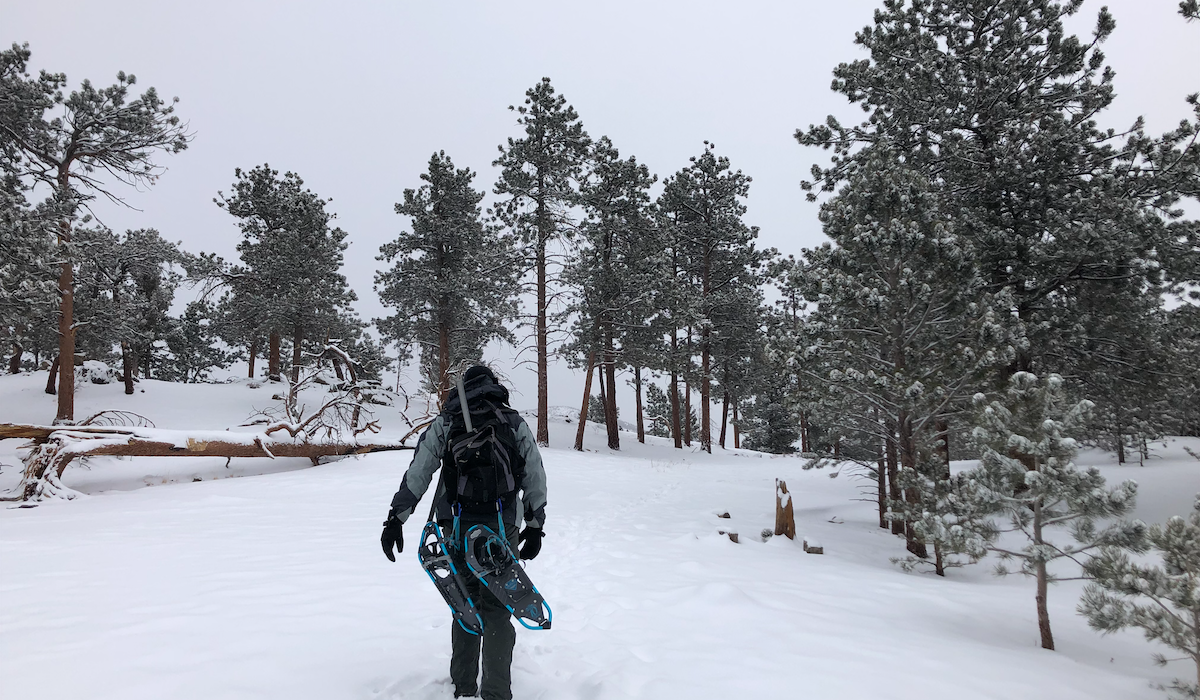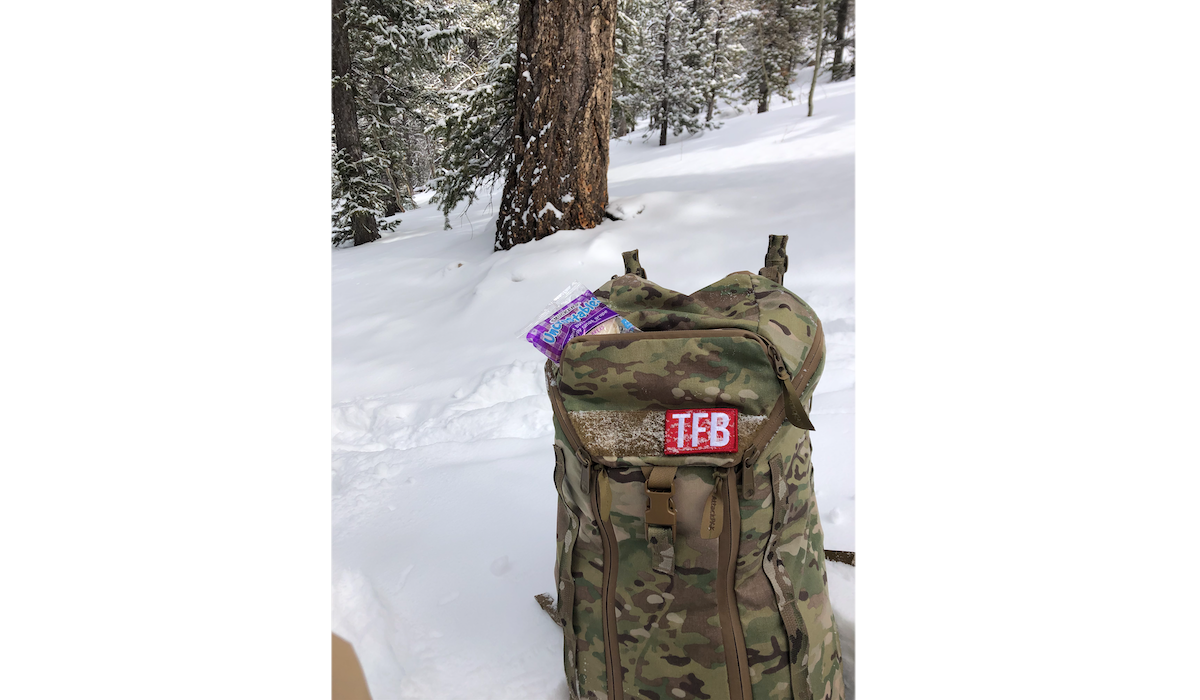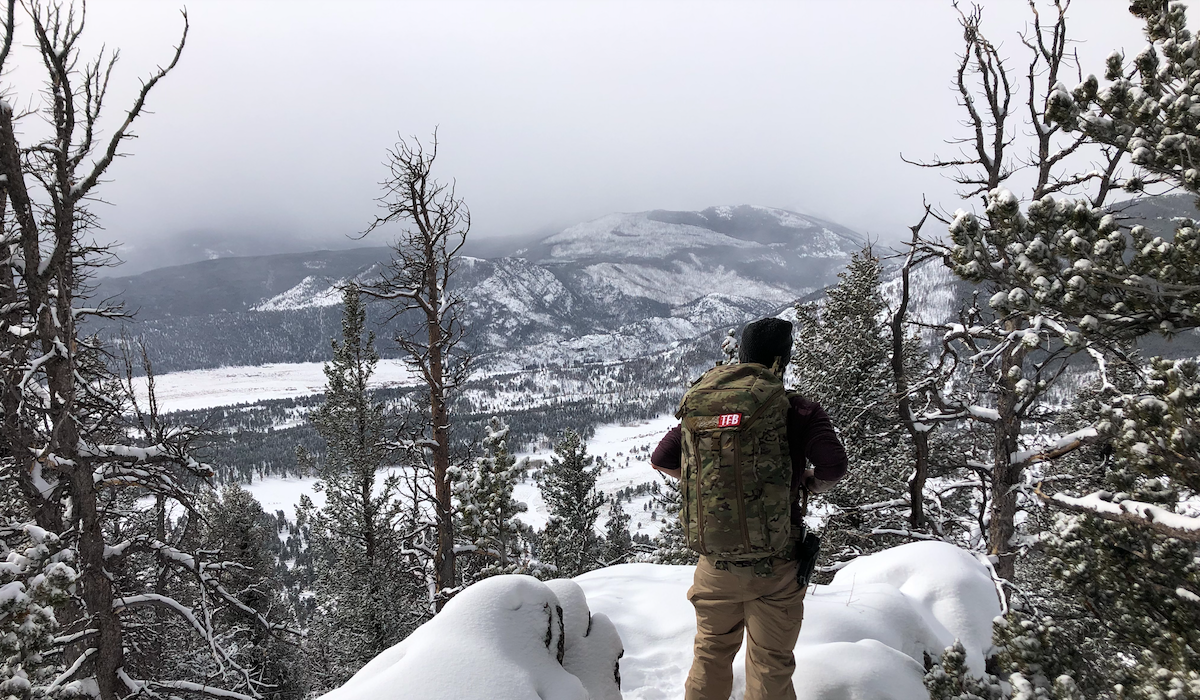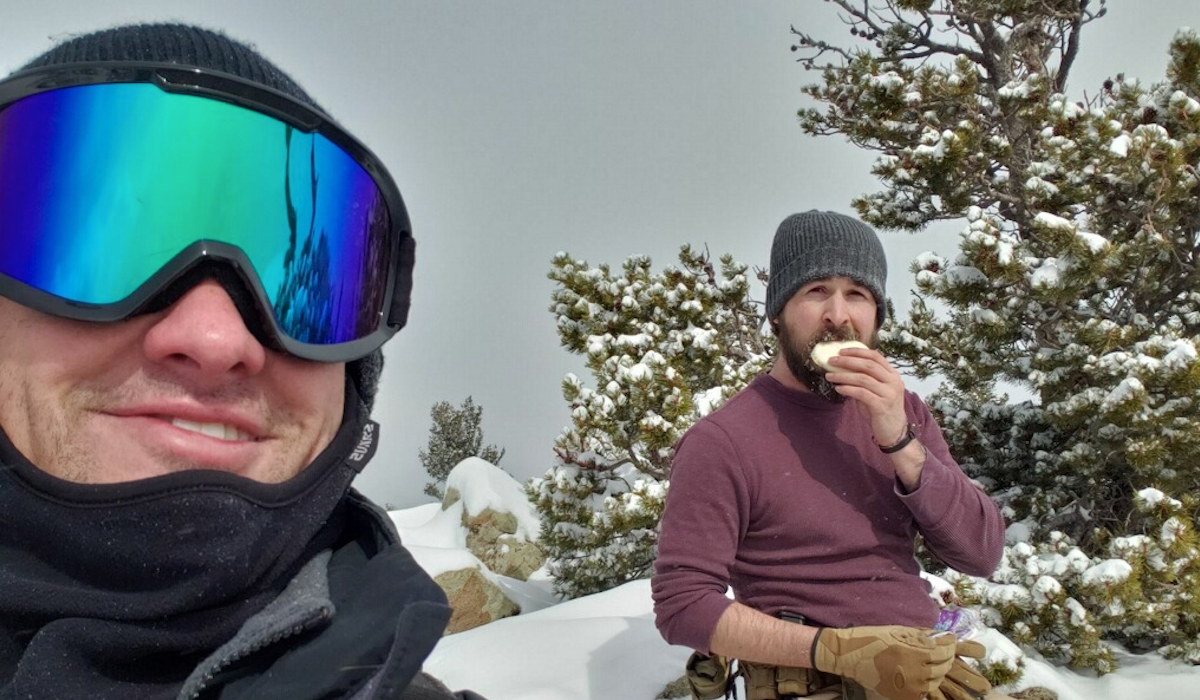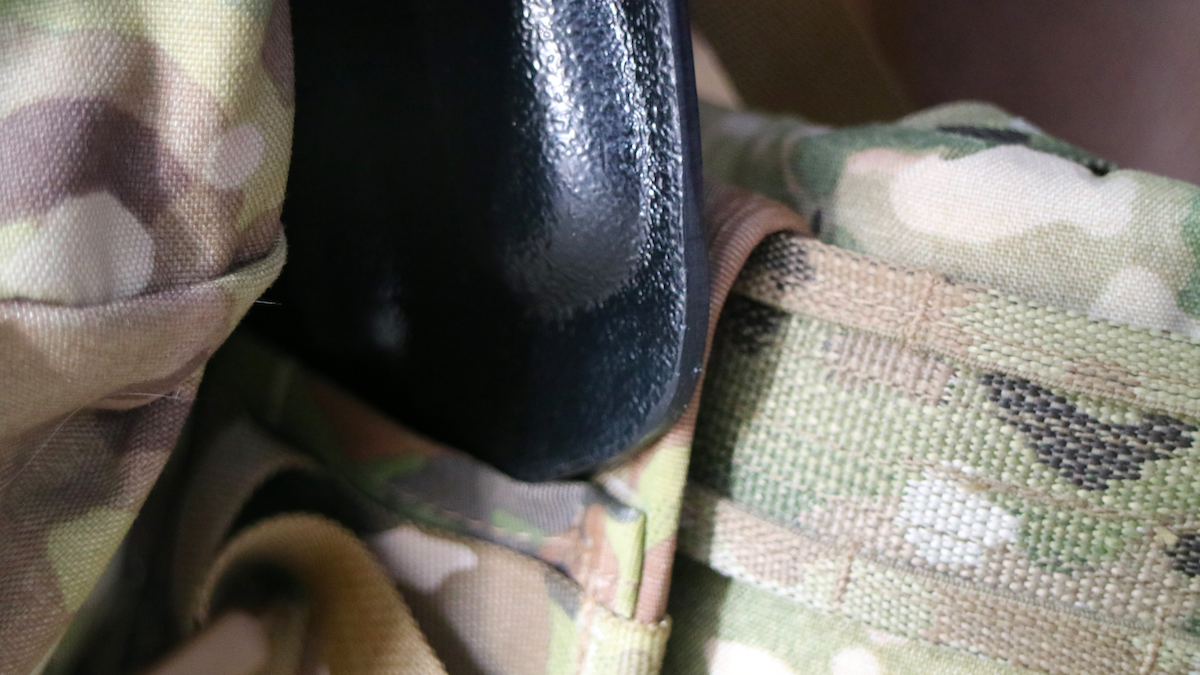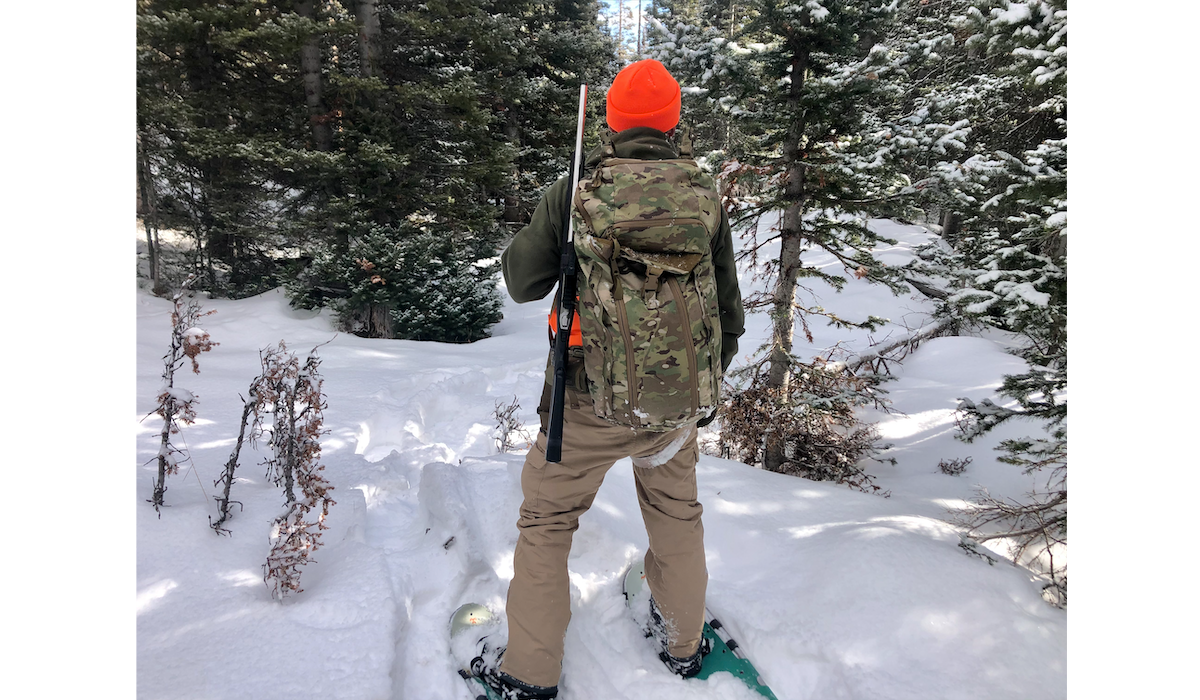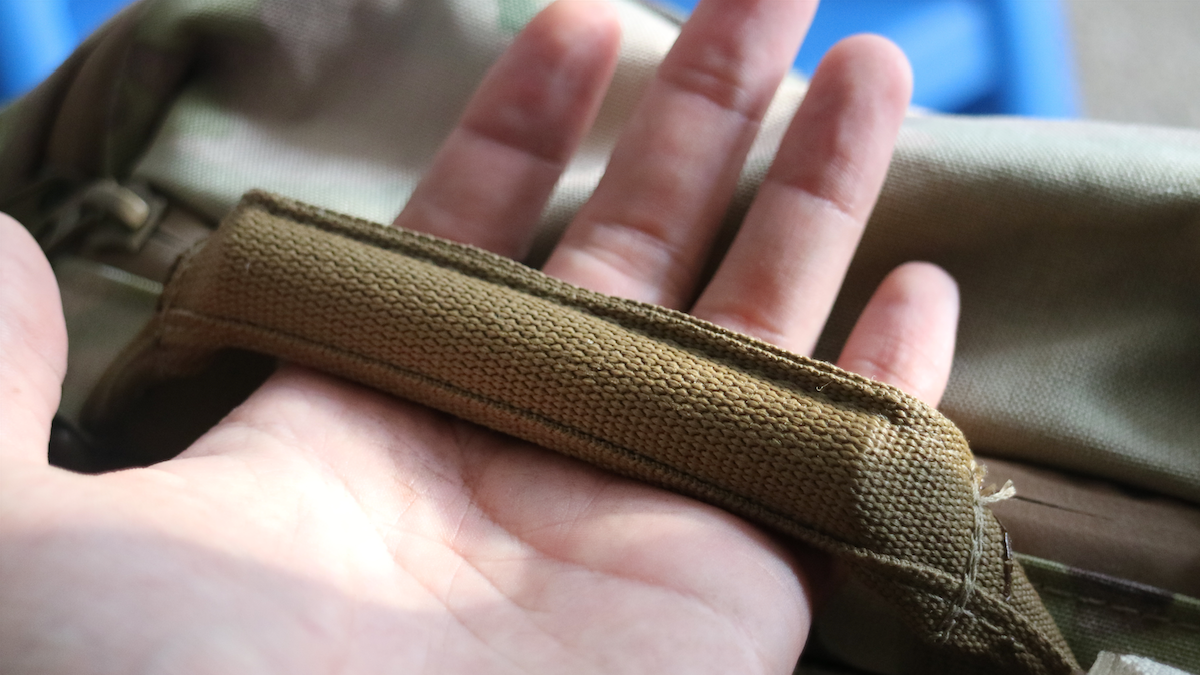AllOutdoor Review: The AttackPAK Falcon Pack and ILCS
Nicolas Lenze 11.30.21
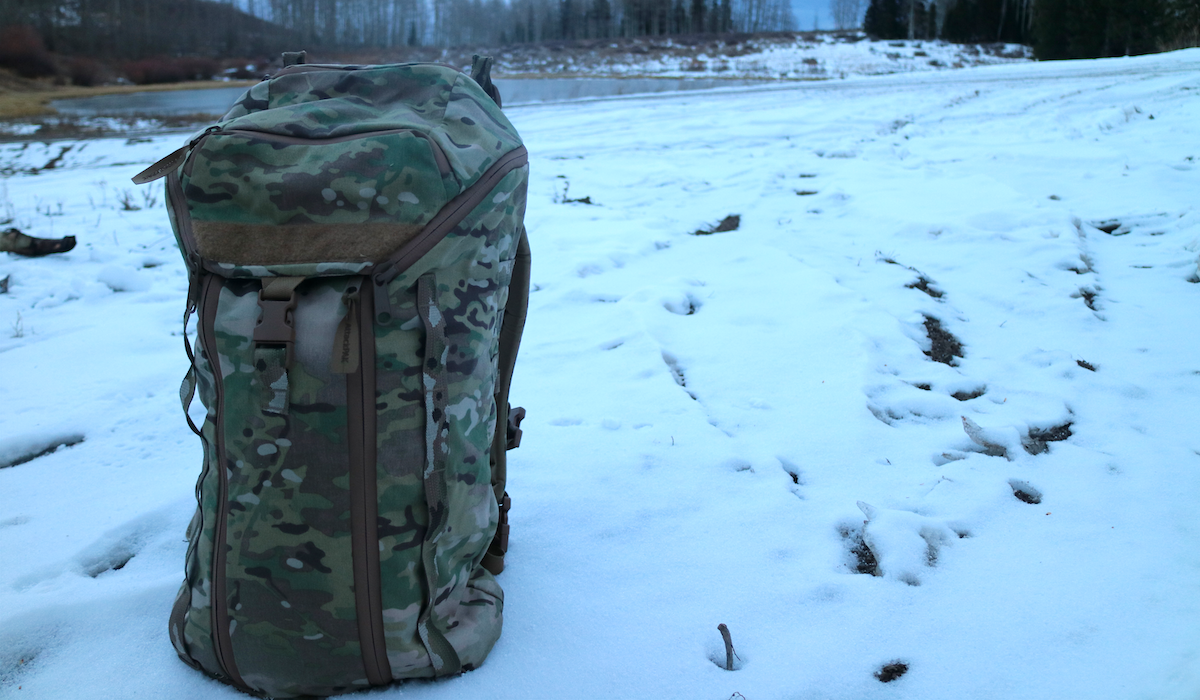
The day after Christmas 2020, my wife, son, and I piled into a Subaru Impreza 5-door and drove to our new home in Colorado. We got here in the dead of winter. We couldn’t have picked a better time. Colorado in the winter is absolutely beautiful. A stark contrast from the mountains of trash in Los Angeles, the snow-capped Rocky Mountains called to me. It has always been a goal to summit a mountain, and now was the time to do it. Anyone who hikes, climbs, or treks long distances knows how big a difference quality gear can make. Hiking to the top of a mountain means bringing supplies. Even a day hike means food, clothing, extra ammunition, and more. AttackPAK is a company in Denver that specializes in not only packs, but an innovative frame system for carrying all your supplies. This is a look at their Falcon Pack.
What It Is: The AttackPAK Falcon Pack and ILCS
In order to understand the Falcon Pack, we have to understand the Integrated Load Carriage System (ILCS). It’s a modular system that starts with the belt. AttackPAK’s gravity pocket goes on the back of your belt. The pocket is meant to accept an ExoSpine, AttackPAK’s answer to traditional frame systems.
The ExoSpine slides into the body side of your pack. Once the pack is full, this shifts the weight from your back and shoulders down to your hips. I recommend watching the video at the end of this article for a better understanding. If you need to ditch or remove the pack, just bend forward and the ExoSpine will come out of the Gravity Pocket. This also allows you to maintain your belt-mounted gear if you have to lose your pack in an emergency.
Belts are made of CORDURA, and in their newest iteration, the Reaper Belt, they also use Tegris. All products from AttackPAK are made in Colorado, USA. Due to the customizability of the Falcon pack and the entire ILCS, I recommend looking at their website for pricing.
In The Field: AttackING the Mountain
I was fortunate to move 15 minutes from my cousin Michael. He’s an avid hiker and brews some incredible post-climb beer. Unfortunately, to get post-climb beer, you have to climb. We set our sights on the snowy summit of Deer Mountain in Rocky Mountain National Park.
It was a cold morning but I was going to climb this damn mountain. I threw on the Falcon Pack and we were off. Ahead of me was a 10,013-foot summit. That’s not much for some of you, but this was my first one. I did pretty well at the beginning. I hardly felt the probably 40 pounds on my back. The ILCS was doing a great job of managing the weight. At about the halfway point, I got hungry.
I had a 40-ounce water bottle in the pack. One feature of the Falcon Pack that I found helpful throughout the hike was the opening on the top to the main compartment. This allowed me to easily access my water without having to open the whole pack in the snow. The last thing I need is for all of my stuff to come spilling out and getting wet. Our break was over and it was time to continue up the mountain.
It was another hour and a half to the top. There was a lot of whining and complaining (from me only). After what felt like an eternity, we reached the summit. Lifting my shoulders and leaning forward was enough to lift the ExoSpine from its pocket, which allowed me to quickly ditch my pack and finally sit down. Uncrustables and a stunning view were my reward, then it was time to head back down.
The way back was tough. My knees were on fire. This is also when I noticed a flaw in the Falcon Pack/ILCS, though it was more a problem brought on by my impatience. I didn’t take the time to properly size and fit my equipment. As fatigue set in, and my movements were less exact, I noticed that the ExoSpine was sitting in the gravity pocket at an angle. This caused it to improperly redirect the weight to my hips. I would overcompensate, which lead to pain in other areas of my back.
After what seemed like a week, but was actually six hours, we got back to the truck. Thankfully, Michael’s legs were okay to drive us home and I got some much-needed rest.
Final Thoughts
I think that the Integrated Load Carriage System solves a lot of problems present in current systems. The Falcon Pack is a well-designed and well-built pack. It’s a bit large for my personal needs, but all of AttackPAK’s packs are able to work with the ILCS. I’d love to run a smaller pack with this same system. The small details, like how comfortable the carry handle is, or the top access to the main compartment show me how much thought really goes into these packs.
The ILCS does what it promises. Carrying the same weighted pack without the frame and belt is substantially more difficult. The weight on my shoulders was so obvious, I had no doubt that without the full system, fatigue would become a bigger factor. Like other fine tools, you need to know what you’re doing. While the discomfort I experienced was my own fault, just be aware that fitting your pack before you leave is a necessity. If you do, it should treat you well. If buying American is important to you, I also love that all of this is made here, by hand, in a small shop, 15 minutes from where I live. If you want to know more about AttackPAK, head to their website. You can also follow them on Facebook and Instagram for more from the company. Get outside and enjoy nature!
UPDATE: You might have noticed that there are some pictures that don’t match. After finishing the majority of this article, I took the Falcon Pack hunting. I wanted to share an unintended benefit to the ILCS that I discovered. We got our truck and trailer stuck in a snowy ditch. It took five hours of hand-winching, gathering branches, and shoveling snow to get out. The shape of the ExoSpine was phenomenal for use as an improvised snow shovel.

